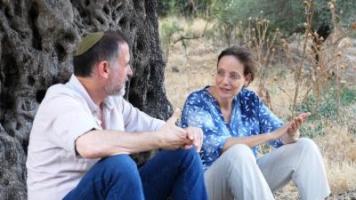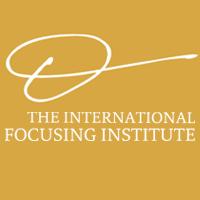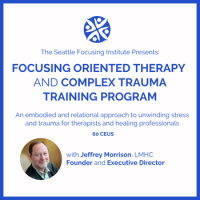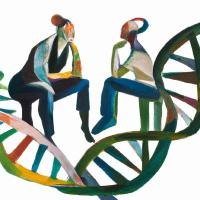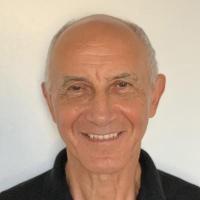SEE FOT UPCOMING COURSES & EVENTS
| Focusing-Oriented Psychotherapy: What is it? |
|---|
A Focusing-Oriented Psychotherapist (FOT) is a psychotherapist, counselor or psychologist, licensed in their jurisdiction, who, in addition to their therapy training, has completed a certification program specializing in integrating Focusing into therapy. In FOT, the client is invited to notice how their body makes feelings about their life issues, and they are helped to gently access what the body says about what they are experiencing.
If you're looking for a Focusing-Oriented Psychotherapist, please click here.
Focusing-Oriented Psychotherapy articles >>
| Training in Focusing-Oriented Psychotherapy |
|---|
Click here to learn About Training in Focusing-Oriented Psychotherapy
Conference on Focusing-Oriented Therapy:
We run a regular Focusing-Oriented Therapy Conference.
We held one online November 2-5, 2023. See above for more information on that one. The FOT conferences have generally taken place every 2 years. Check out the 2023 Focusing-Oriented Psychotherapy Conference at this link.
For more information about Focusing-Oriented Psychotherapy
please see the Website link: International Association of Focusing-Oriented Therapists (IAFOTs)
YouTube Channel: Focusing-Oriented Therapies
What FOT is - German, Chinese and Romanian
| Carl Rogers, Person Centered, Existential and Humanistic Psychology |
|---|
Eugene Gendlin and Focusing-Oriented Psychotherapy has a deep connection to the work of Carl Rogers and the Person Centered (or Client Centered) tradition as well as to Existential Psychology and Humanistic Psychology.
BIBLIOGRAPHY: The World Association for Person Centered & Experiential Psychotherapy & Counseling has a bibliography at https://pce-literature.org/en which contains information about a wide range of resources, including where to find articles by and about Focusing, Focusing-Oriented Psychotherapy and Eugene Gendlin. Just put “Gendlin” or “Focusing” into the search box.
VIDEO: Nada Lou has a video on her YouTube channel of Gene Gendlin discussing Carl Rogers. You can find that at this link.




